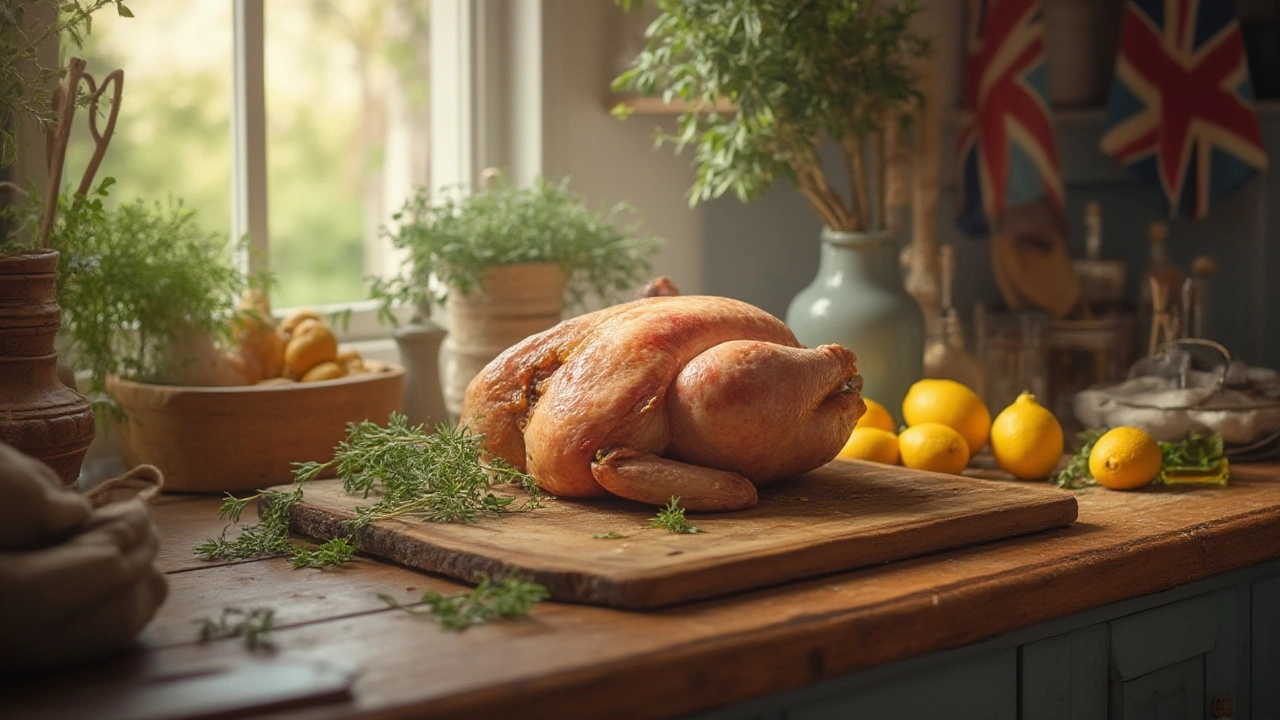Common Cooking Mistakes and How to Fix Them
We all mess up in the kitchen. A burnt sauce, a dry chicken, a salty soup – those moments are frustrating, but they’re also great teachers. Below are the everyday errors that sneak into home cooking and quick fixes that keep your meals on point.
Don’t Let Food Burn or Overcook
Burnt onions or scorched garlic happen when the heat is too high and the pan is empty. Keep the flame medium, add a splash of water or broth, and stir often. For meat, use a meat thermometer instead of guessing – 165°F for chicken, 145°F for pork. Let cooked meat rest for five minutes; the juices settle and the interior stays juicy.
Seasoning Slip‑Ups
Too much salt or not enough pepper can ruin a dish. Taste as you go, especially after adding sauces or broth. A pinch of salt at the start, then another quick taste before serving, saves you from over‑seasoning. If you do add too much, balance it with a squeeze of lemon, a dash of acid, or a splash of dairy.
Another classic error is adding herbs too early. Fresh herbs lose flavor when cooked for long; toss them in at the end. Dried herbs, on the other hand, need time to release their oils, so add them early in the simmer.
Timing is everything. Adding ingredients in the wrong order leads to soggy veggies or tough pasta. Follow the recipe’s sequence, and if you improvise, keep similar‑cook‑time items together. For example, start with carrots, then add bell peppers a few minutes later.
Pre‑heating the pan is a simple habit that prevents sticking and uneven cooking. Drop a few drops of water on the surface; if they dance, the pan is ready. Overcrowding the pan cools it down, causing steam instead of a crust. Cook in batches if needed.
Dull knives are a hidden time‑waster. A blunt blade crushes herbs and tears meat, making prep messy. Sharpen or use a whetstone once a month, and you’ll slice faster with cleaner cuts.
Misreading measurements is a common source of disaster. A teaspoon is not a tablespoon, and a cup of flour is different from a cup of sugar. Use a set of measuring spoons and a kitchen scale for accuracy, especially in baking.
Safety slips, like leaving the stove on or not cleaning oil splatters, can lead to fires. Keep a lid nearby to smother flames, and wipe the stovetop after each use. Store knives with blade guards or in a drawer to avoid accidents.
Every mistake is a chance to improve. Keep a notebook of what went wrong and what you changed – it becomes a personal cheat sheet. Over time, you’ll notice fewer burnt sauces, perfectly seasoned soups, and happier diners.
Ready to cook without the common hiccups? Start with one tip today, apply it, and watch your confidence grow. Your kitchen will feel smoother, your meals tastier, and the stress will melt away.
Roasting Chicken Mistakes: What Not to Do for Perfect Results


